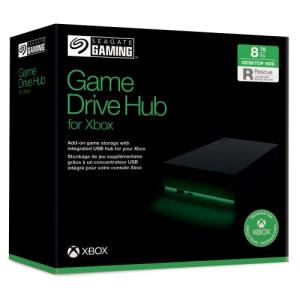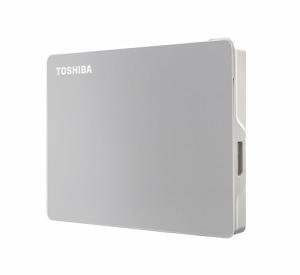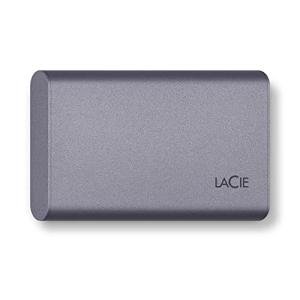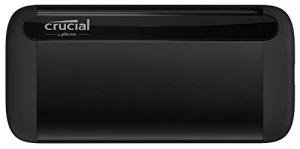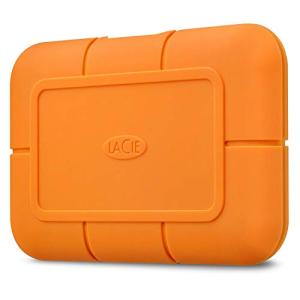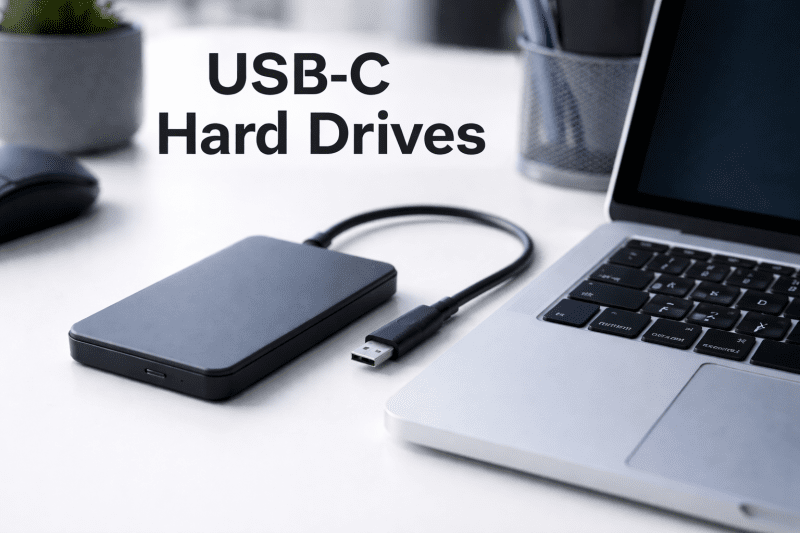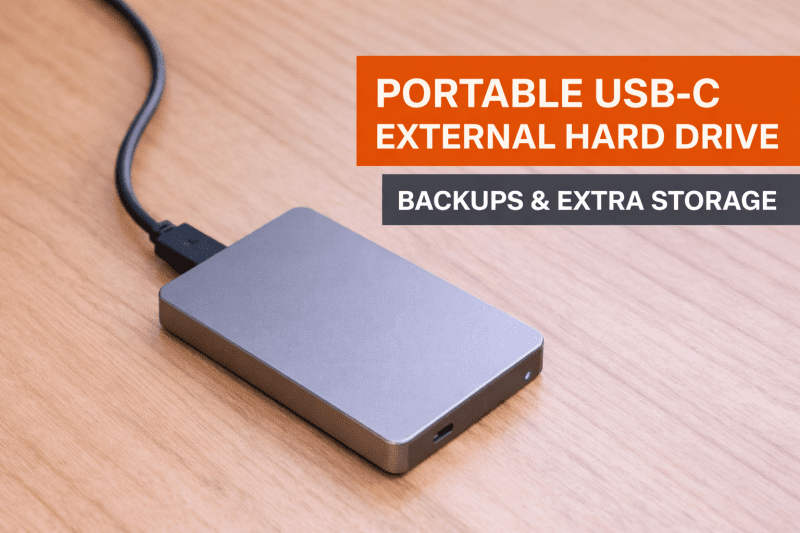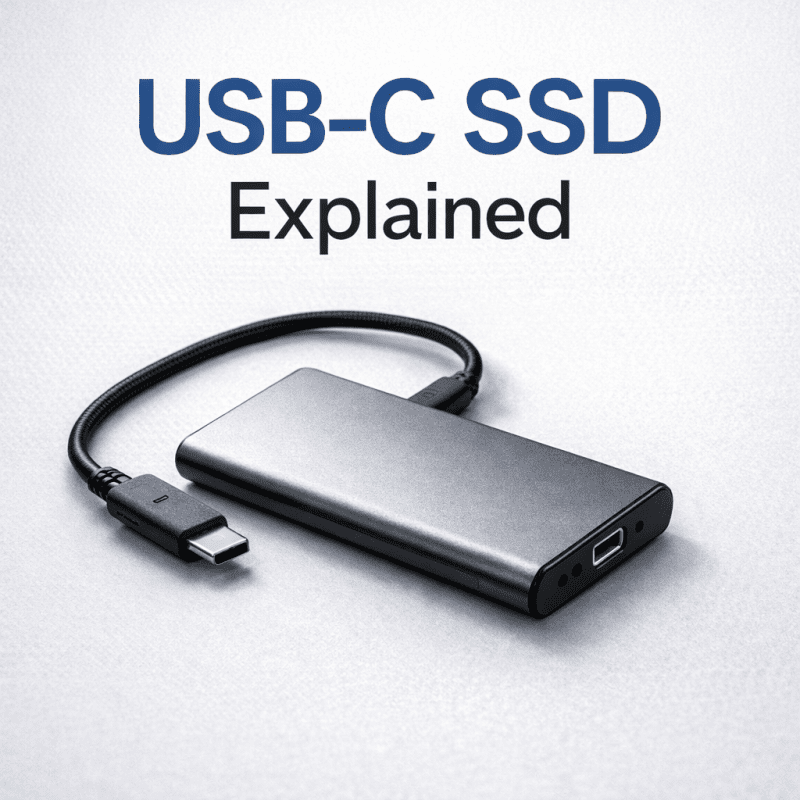What is USB-C Storage and Why Should You Care?
USB-C storage is a type of external storage device that uses the USB-C port for connection. USB-C is a newer type of USB port that offers faster data transfer speeds, higher power delivery, and a reversible connector compared to traditional USB ports.
One of the biggest advantages of USB-C storage is its speed. It can transfer data at speeds up to 10 Gbps, which is about two times faster than the previous USB 3.0 standard. This means that you can transfer large files such as photos, videos, and documents quickly and easily.
Another advantage of USB-C storage is its versatility. It can be used with a variety of devices such as laptops, tablets, smartphones, and gaming consoles, as long as they have a USB-C port. This makes it a great option for people who need to store and transfer data between different devices.
In addition, USB-C storage can also provide increased storage space for devices that have limited internal storage. For example, if you have a MacBook with limited storage space, you can use a USB-C external hard drive or SSD to store your files and free up space on your internal drive.
Overall, USB-C storage offers fast data transfer speeds, versatility, and increased storage space, making it an essential tool for people who work with large files or have limited internal storage on their devices.
The Pros and Cons of Using USB-C Storage Devices
As USB-C becomes more prevalent in the tech world, so too do USB-C storage devices. These devices offer a range of benefits and drawbacks that you should consider before making a purchase. Let's take a closer look at the pros and cons of using USB-C storage devices.
Pros
- Faster data transfer speeds: USB-C storage devices typically have faster data transfer speeds than traditional USB storage devices thanks to their ability to use the USB 3.1 or 3.2 standard. This means you can transfer files and data much more quickly.
- More versatile: USB-C ports are more versatile than traditional USB ports. They can be used for charging, connecting to displays, and data transfer. This means you can use your USB-C storage device in a variety of ways beyond just storing files.
- Reversible connector: One of the benefits of USB-C is that its connector is reversible, which means there's no wrong way to plug it in. This makes it easier to use in cramped spaces or in low-light situations.
- Compact size: USB-C storage devices are often smaller than traditional USB storage devices, making it easier to carry them around with you. They're especially useful for travel.
Cons
- Compatibility: One of the biggest drawbacks of USB-C is that it's still a relatively new technology. Not all devices have USB-C ports, which means you may need an adapter to use your USB-C storage device with certain devices.
- Cost: USB-C storage devices can be more expensive than traditional USB storage devices. However, the price gap is closing as USB-C becomes more widespread.
- Misplaced connector cord: Because USB-C connectors are smaller and more compact than traditional USB connectors, it can be easier to misplace the cord. This means you may need to purchase a replacement cord if you lose it.
Ultimately, whether or not a USB-C storage device is right for you depends on your specific needs. If you're looking for faster data transfer speeds and more versatility, a USB-C storage device may be the best choice. However, if you're concerned about compatibility or cost, you may want to stick with a traditional USB storage device for now.
How to Choose the Best USB-C Storage Device for Your Needs
If you're in the market for a USB-C storage device, there are a few factors to consider before making your purchase. Here are some tips to help you choose the best USB-C storage device for your needs:
Capacity
First and foremost, you'll need to determine how much storage space you require. USB-C storage devices are available in a range of capacities, from just a few gigabytes to several terabytes. Consider how much data you'll be storing and choose a capacity that will accommodate your needs.
Speed
The speed of a USB-C storage device is measured in megabytes per second (MB/s). If you'll be using your storage device primarily for transferring large files or backing up your data, you'll want a device with a higher speed. Look for USB-C storage devices with transfer speeds of at least 100 MB/s for optimal performance.
Portability
If you plan to use your USB-C storage device on-the-go or travel frequently with it, you'll want a device that's portable and easy to carry. Consider the size and weight of the device, as well as any additional features that may make it more convenient to use on-the-go, such as a built-in clip or tether.
Compatibility
Make sure the USB-C storage device you choose is compatible with your devices. If you plan to use the device with multiple devices, check for compatibility with various operating systems, such as Windows, macOS, and Android. Additionally, make sure the device is compatible with the USB-C port on your computer or other devices.
Brand and Price
Finally, consider the brand and price of the USB-C storage device. While there are many affordable options on the market, it's important to choose a reputable brand that offers high-quality products. Research reviews and compare prices to ensure you're getting a good value for your money.
By considering these factors, you'll be better equipped to choose the best USB-C storage device for your needs. Whether you're storing documents, photos, or videos, a USB-C storage device offers a convenient and portable solution for all your storage needs.
Seagate 8TB Game Drive Hub with RGB Lighting
Expand your storage and level up your gaming setup with this stylish and spacious USB-C compatible drive
Product information
$219.99 $189.99
Product Review Score
4.93 out of 5 stars
46 reviewsProduct links

